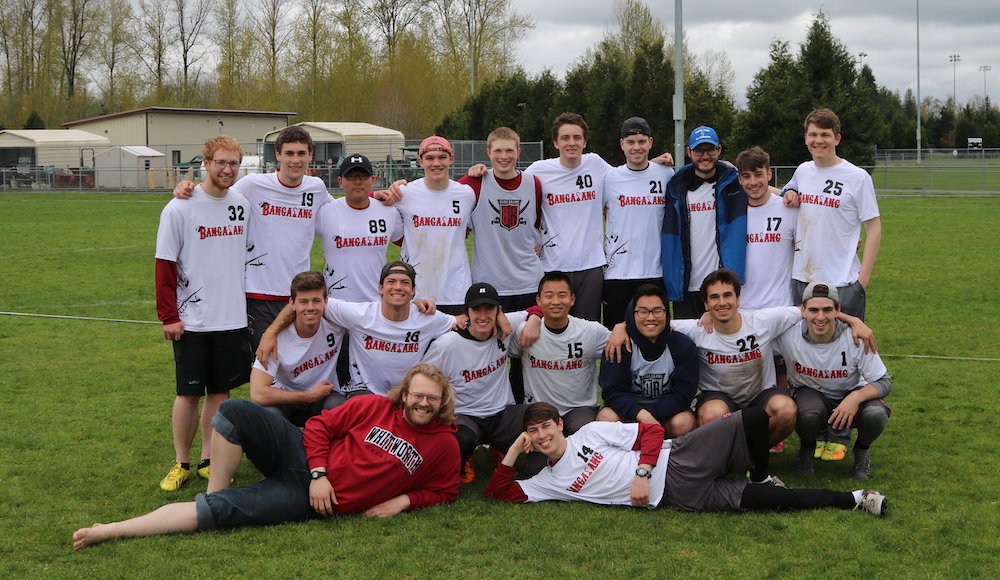“Helicopter parenting” relates to the event in which parents or guardians monitor every aspect of their student’s life. “Helicopter parenting” can be very dangerous to the growth needed to reach adulthood. Although there can be some benefits to this, the list of adverse effects greatly outweighs the long-term effects on the student.
In high school, parenting strategies that utilize high child-parent involvement and monitoring have a necessary place in the family. The family unit is where effective communication and long-term relationships are created, grown and taught. For some, the family unit is where connection happens and gives parents a chance to try different parenting strategies. In addition, growing up in a family unit gives the children a chance to ideate and shape their worldviews and personalities and decide what they want their role to be in the family. When students are in high school, family roles have been established and routine for the past 17-18 years. Then comes college.
According to Collegeboard, about 20 percent of college students still live at home during their college years. This still leaves a large majority of students leaving the family unit, only to return for breaks and possibly for the summer. In college, individual roles change in the family. This change in the family unit is inevitable and yet parents often don’t transition as well as their children.
“But now [as parents] live in fear that something will happen to [our kids]…It’s a more amorphous fear of a community and a culture that is not geared toward protecting children. And so we postpone giving them any sort of independence until it would be embarrassing not to,” Naomi Riley wrote in an article for the “New York Post” on helicopter parenting. College is often far away ,in an unfamiliar city so the root of fear being in a lack of community and individual trust is thoroughly validated.
As a college student, it is usually easy to make that transition. New friends become like brothers and sisters, a cafeteria feeds you for every meal and facilities typically clean your residence hall and bathroom.
As stated in an March 7 article, “Whitworth Meets Criteria for Maslow’s Hierarchy of Needs,” Whitworth does well at meeting a student’s basic needs, similar to a parent or guardian supplying basic needs in childhood. If parents were highly involved in their child’s middle and high school life, then they might expect to be as involved in their college career. This could grow from the fact that children have always been under their wing to protect and watch over and now are out “in the real world”.
In their eyes, there a multitude of other factors (new city, new friends, new responsibilities etc…) that have been added to the equation of keeping you safe, but none of them are in their immediate control anymore. Without immediate control, parents feel as if they have to try get involved as often as possible and text or call or email often to “stay in the loop” – this is the embodiment of a helicopter parent.
As many have experienced, college is difficult. Therefore, having highly involved parents can seem very beneficial. They send reminders when payments are due and to talk to professors, they stay up-to-date on your grades, they know who their child’s friends are and all about their love-life and the list goes on.
From the outside, having helicopter parents can seem like a beneficial lifestyle in college, especially in the first and second years. However, it is controlling and needs to be stood up to. As the years go on, the high level of parent involvement needs to decrease if parents truly want their children to reach independent adulthood.
The parents should not be the only one’s wanting this; students need to want this too and understand the long-term consequences for their own lives. If by the end of the student’s years in college parents have done all the reminding for the student so that they are conditioned to not have to write things down or learn from missing an assignment or payment, adulthood will hit the fresh graduate like a train.
We have all heard that college is the place for growing adults and growing independence. That includes independence from parents. Allowing parents to “be” helicopters for four years will leave children with an inability to fend for themselves in the “real world” because they have never had to do it independently; they have never been “thrown into the deep end”.
I am not saying that parents should throw their children into the deep end and walk away. I am arguing that parents need to be aware of their level of involvement in their students live.
“Separation is good and essential for you both. It’s truistic to state that children need to become independent decision-makers who learn from their own mistakes and failures. Otherwise, how will they manage to put your affairs in order on the day you die? Since you cannot promise to live forever, you have to learn to let them go,” Phillip Hodson wrote in the article “My message to the parents who can’t let their children go: grow up” for “The Guardian.”
The transition for parents to let go of their kids and remove themselves from acting on “helicopter-tendencies” will benefit both the parent and the student greatly. As parents of college students, parents would be most effective in growing their children into adults by giving them a sense of independence that allows the child to go to them when they want. Helicopter parenting is a poor parenting strategy which robs parents of their own individual growth, as well as robs their children of necessary growth as they strive to reach independent adulthood.
Contact Ein Huie at dhuie19@my.whitworth.edu







